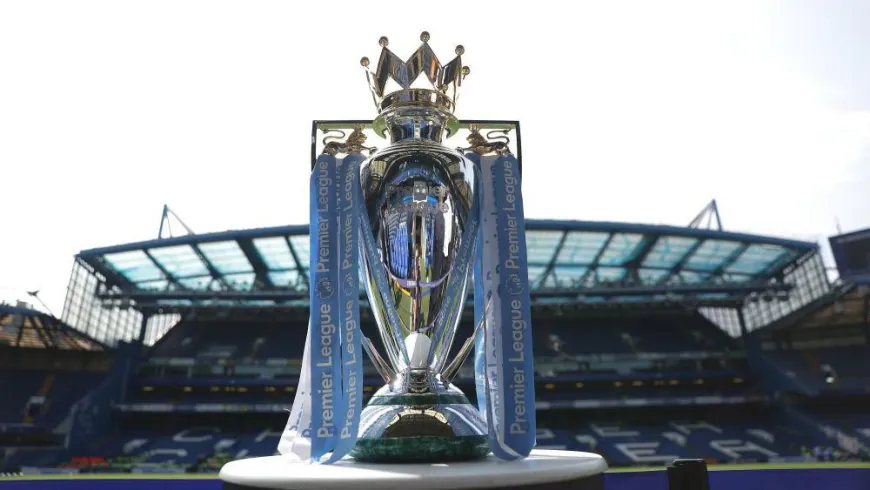Football Regulator Granted Enhanced Powers as Bill Resurfaces in Parliament
The government has also emphasized that the regulator will have the authority to mandate clubs to democratically elect fan representatives and to ensure effective communication regarding ticket pricing changes.

Key Provisions of the Bill
Among the bill’s significant features, clubs will be explicitly required to engage with fans regarding changes to ticket prices and any plans to relocate home grounds. Moreover, the regulator will no longer need to consider the UK government's foreign and trade policy when approving club takeovers. The legislation also emphasizes a commitment to improving equality, diversity, and inclusion (EDI) across the sport.
Culture Secretary Lisa Nandy highlighted the necessity of the bill, stating, "For too long, financial instability has meant loyal fans and whole communities have risked losing their cherished clubs due to mismanagement and reckless spending." The new regulations aim to address these issues and strengthen the financial footing of clubs across the football pyramid.
Changes to Parachute Payments
A pivotal aspect of the bill is its approach to parachute payments, which provide financial support to relegated Premier League clubs. The regulator will now have backstop powers to mediate financial settlements between the Premier League and the English Football League (EFL) if they fail to reach an agreement on a new funding deal. Notably, the revised bill allows the regulator to consider parachute payments when determining how much of the Premier League's revenues should be redistributed, a change from the initial draft that excluded these payments.
The EFL has long criticized parachute payments, arguing they distort competition and advocate for their abolition in favor of a fairer distribution of wealth from the Premier League. In contrast, the Premier League argues that these payments are essential for club owners to maintain confidence in investing in their teams. The disagreement has hindered negotiations for a new financial settlement that could increase EFL funding by an average of £125 million annually.
Broader Implications of the Bill
The bill, which was initially tabled in March but stalled due to the general election call in May, will be discussed in the House of Lords on Thursday. In light of concerns regarding potential government interference in football, the clause that mandated the regulator to consider the UK government's foreign and trade policy objectives during club takeovers has been removed. This amendment aligns with Uefa's warning that England could be excluded from the co-hosted European Championship in 2028 over such concerns.
The government has also emphasized that the regulator will have the authority to mandate clubs to democratically elect fan representatives and to ensure effective communication regarding ticket pricing changes. This comes amid ongoing protests by fan groups against rising ticket costs as part of the #StopExploitingLoyalty campaign.
In terms of EDI, the bill will require clubs to be transparent about their efforts to address under-representation in management and leadership positions. Data reveals a stark contrast: while 43% of Premier League players are black, only 4.4% of management roles are held by black former players, decreasing to 1.6% in executive and ownership positions.
Reception and Next Steps
The EFL chairman, Rick Parry, expressed support for the new bill, believing it would empower the regulator to ensure the sustainability of clubs throughout the football pyramid. Niall Couper of the Fair Game campaign also noted improvements in the proposed legislation compared to previous drafts, but raised concerns regarding equitable financial flow across the leagues.
Overall, the reintroduction of the Football Governance Bill aims to reshape the landscape of English football, placing greater emphasis on financial stability, fan engagement, and inclusivity in decision-making processes.





















































